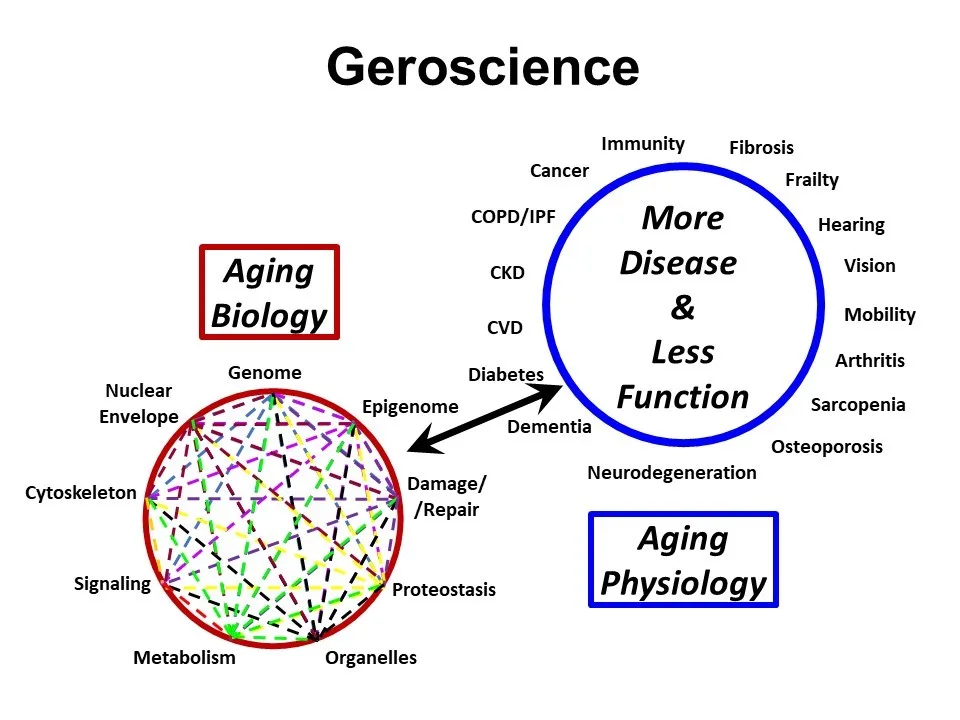May is mental health month so we thought we’d take a look into a major source of mental health anxiety some of us may come across – the workplace.
Stress, anxiety, and feeling overwhelmed have become alarmingly common in the workplace. According to the Centers for Disease Control and Prevention, a significant 71% of adults in the United States report experiencing at least one symptom of emotional or mental stress. This isn’t just a personal struggle; the World Health Organization estimates that mental health issues lead to a staggering loss of over 12 billion working days annually, translating to more than $1 trillion in lost productivity. The American Psychiatric Association further highlights the economic impact, noting that employees grappling with unresolved depression experience a 35% drop in productivity, costing the U.S. economy an estimated $210 billion each year through absenteeism, reduced output, and increased medical expenses.
Clearly, our mental well-being is deeply intertwined with our work lives, impacting our engagement and how effectively we perform our jobs. Recognizing what to do when your mental health at work takes a toll is therefore essential for our overall well-being and professional success.
Tune In: Checking in with Yourself
The first step in addressing mental health challenges at work is self-awareness. Regularly checking in with yourself and honestly assessing how you’re feeling can help pinpoint what might be affecting your mental state and your work. Ask yourself: “Is my mental health impacting my work?” Try to identify any physical or emotional factors outside of work that could be contributing to feelings of fatigue, anxiety, or stress. Consider these questions:
- Did I get enough restful sleep last night?
- Am I properly nourished, or am I hungry?
- Is there a personal situation at home that’s weighing on my mind at work?
- Could an underlying physical health issue be influencing my mental well-being?
Work itself can also be the root of your mental health concerns. If this feels like the case, consider these additional questions:
- What specifically at work is making me feel this way?
- Are there any changes or improvements that could alleviate the situation?
- Do I need to take a break or utilize a mental health day for respite?
- Which tasks at work do I find enjoyable and energizing?
- Which tasks feel overwhelming or daunting?
- How would I honestly rate my current work-life balance?
- How would I describe my interpersonal relationships with colleagues?
- Is my mental health affecting the quality or quantity of my work performance?
Using these self-reflection questions can provide valuable insights into the causes of your emotional distress at work, helping you determine if you need to communicate your struggles, implement changes, or seek professional support.
Speak Up: Talking to Your Employer
Once you’ve identified that addressing workplace concerns with a supervisor, manager, or HR representative might be necessary, it’s important to approach the conversation strategically. Consider using the D.E.A.R. method, a helpful communication framework:
- D: Describe the situation objectively, focusing on facts rather than emotions.
- E: Express your feelings about the situation clearly and respectfully.
- A: Assert your needs and what changes you believe would be beneficial.
- R: Reinforce the positive outcomes that could result from addressing your concerns (a win-win for both you and the company).
Open and honest communication can pave the way for a healthier work environment. Your company may have resources available to support employee mental health, such as employer-sponsored programs. Even if formal support isn’t readily available, you can work together to brainstorm potential solutions. During this conversation, be mindful of your language, avoiding emotionally charged accusations. If possible, come prepared with potential solutions and be assertive about your needs while remaining open to other suggestions. Collaborating with management can lead to improvements not only for your own well-being but also for the overall workplace environment.
Build Resilience: Adopting Habits for Better Mental Health at Work
Experts emphasize that incorporating healthy habits and lifestyle changes can significantly boost mental health and overall well-being, both inside and outside of work. Consider these strategies:
- Nourish Your Body: Eat a balanced and nutritious diet to support brain function and energy levels.
- Prioritize Sleep: Aim for 7-9 hours of quality sleep each night to allow your mind and body to rest and recharge.
- Limit Harmful Substances: Reduce or eliminate alcohol, smoking, and drug use, as these can negatively impact mental health.
- Move Your Body: Incorporate regular physical activity into your day, even short walks or standing breaks from your desk.
- Find Moments to Unwind: Take short breaks throughout the workday to engage in relaxing activities.
- Take Time Off: Utilize your vacation time to fully disconnect from work and recharge.
Creating a positive environment at both work and home is also crucial. At work, this might involve focusing on the positive aspects of your role or personalizing your workspace with comforting items. At home, establish a relaxing routine after work to signal to your body and mind that it’s time to unwind.
Know When to Seek Support: Recognizing the Need for Professional Help
Sometimes, lifestyle adjustments aren’t enough to address mental health concerns, and professional help is necessary. Use the self-check-in questions to recognize when you might benefit from seeking additional resources. There are various types of mental health professionals who can provide support, including psychiatrists, psychologists, social workers, and licensed mental health counselors. These professionals offer different but often overlapping services and may collaborate depending on the situation. If you’re unsure where to begin, your primary healthcare provider can offer guidance on the type of support you might need.
Source:











